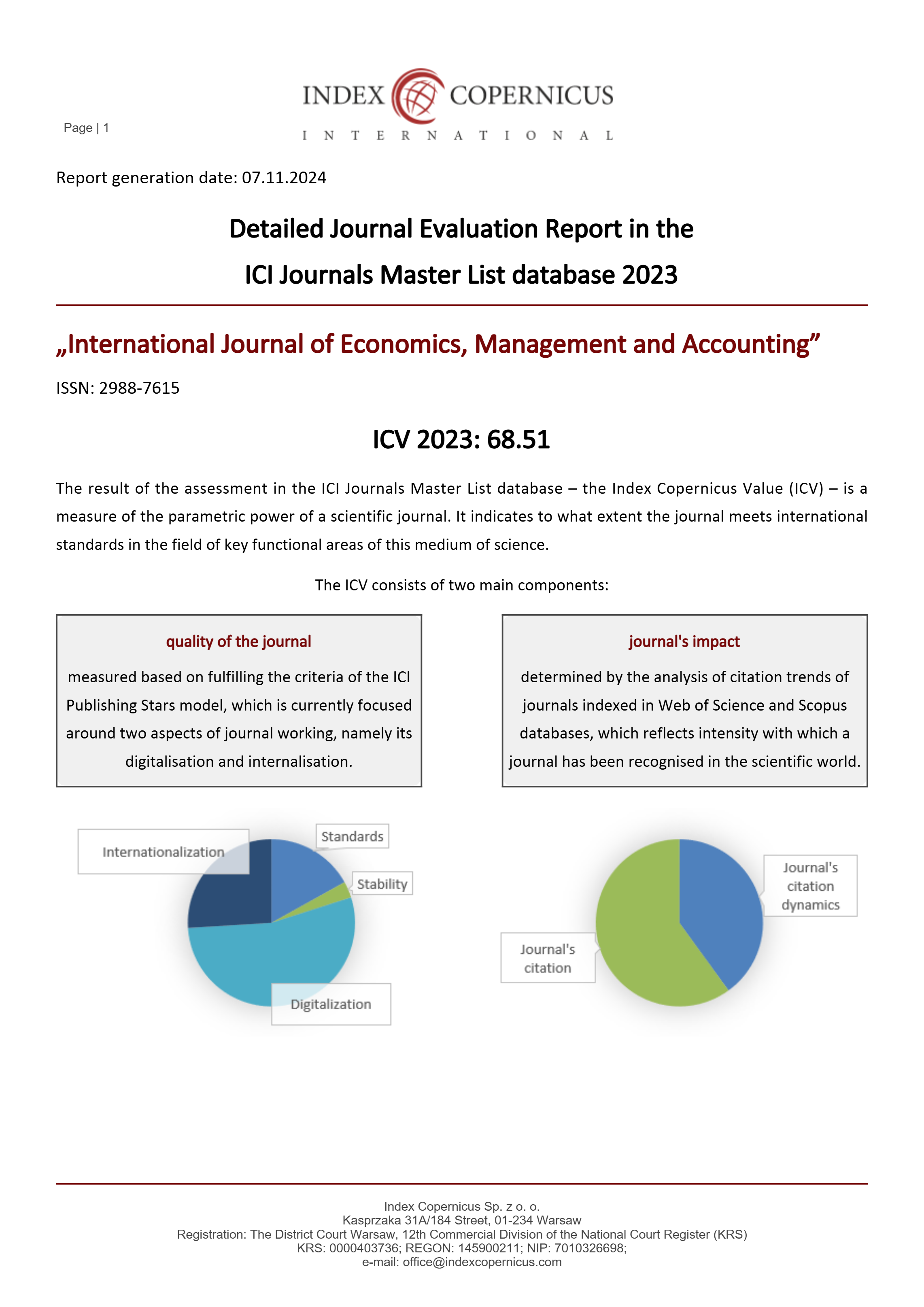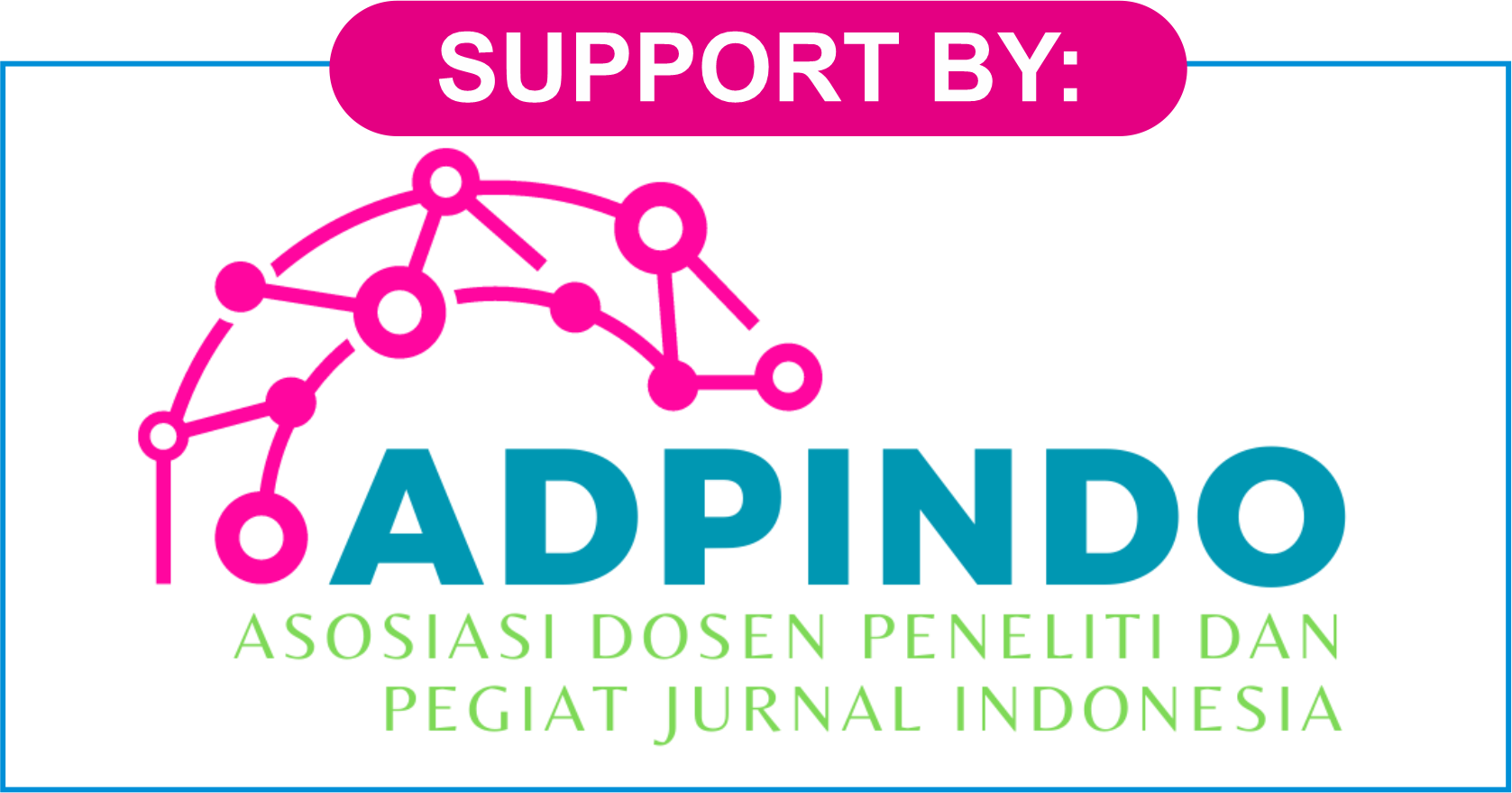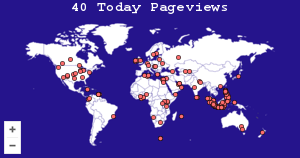The Influence of Organizational Culture on Employee Performance with Work Motivation as an Intervening Variable at the BPJS Employment Kisaran and Kediri Branch Offices
DOI:
https://doi.org/10.47353/ijema.v2i2.170Keywords:
Organizational Culture, Work Motivation, Employee PerformanceAbstract
This research aims to determine the influence of organizational culture on employee performance with work motivation as an intervening variable at the BPJS Employment Kisaran and Kediri branch offices. This research was conducted at BPJS Employment in two branches, namely at the Kisaran Branch Office Jl. Sisingamaraja No. 460, Kisaran, Sendang Sari, Asahan, Asahan Regency, North Sumatra 21211 and at the Kediri Branch Office Jl. Mayor Bismo No.34, Semampir, Kota District, Kediri City, East Java 64121. This type of research is quantitative, the research population is 71 employees and the sample used is also 71 employees and uses a saturated sampling technique. The data collection used was a questionnaire and the data source was primary, the model used was phat analysis of the results of this research as follows: Organizational culture has a positive and significant effect on employee performance with an original sample value of 0.435 and ap value of 0.000 <0.05. Organizational culture has a positive and significant effect on work motivation with an original sample value of 0.771 and ap value of 0.000 <0.05. Work Motivation has a positive and significant effect on Employee Performance with an original sample value of 0.474 and ap value of 0.000 < 0.05. Organizational Culture has an indirect and significant positive effect on Employee Performance through Work Motivation with an original sample value of 0.366 and ap value of 0.000.
Downloads
References
Afsar, B., Badir, Y., & Kiani, U. S. (2016). Linking Spiritual Leadership and Employee Pro-Social Rule Breaking: The Mediating Role of Job Satisfaction. Journal of Business Ethics, 137(2), 347-361.
Avolio, B. J., & Bass, B. M. (2004). Multifactor Leadership Questionnaire: Third Edition Manual and Sampler Set. Redwood City, CA: Mind Garden.
Cameron, K. S., & Quinn, R. E. (2011). Diagnosing and Changing Organizational Culture: Based on the Competing Values Framework. John Wiley & Sons.
Gagné, M., & Deci, E. L. (2005). Self-determination theory and work motivation. Journal of Organizational Behavior, 26(4), 331-362.
Edison Emron, Yohny Anwar, Imas Komariyah. 2017. Manajemen Sumber Daya Manusia. Alfabeta, Bandung.
Ghozali, Imam. (2014). Structural Equation Modeling Metode Alternatif dengan Partial Least Square (PLS) Edisi 4. Universitas Diponegoro, Semarang.
Hofstede, G. (1991). Cultures and Organizations: Software of the Mind. McGraw-Hill.
Judge, T. A., & Bono, J. E. (2001). Relationship of Core Self-Evaluations Traits—Self-Esteem, Generalized Self-Efficacy, Locus of Control, and Emotional Stability—with Job Satisfaction and Job Performance: A Meta-Analysis. Journal of Applied Psychology, 86(1), 80-92.
Kotter, J. P., & Heskett, J. L. (1992). Corporate Culture and Performance. New York: Free Press.
Robbins, S. P., & Judge, T. A. (2013). Organizational Behavior (15th ed.). Pearson.
Robbins, Coulter. (2018). Management 14th Edition. Canada: Pearson.
Schein, E. H. (2010). Organizational Culture and Leadership (4th ed.). Jossey-Bass.
Sinaga, O. S. et al. (2020) Manajemen Kinerja dalam Organisasi. Medan: Yayasan Kita Menulis.
Suwanto. (2020) Pengaruh Kepemimpinan Dan Motivasi Kerja Terhadap Kinerja Karyawan Pada Koperasi Bmt El-Raushan Tangerang. Jenius Vol.3. No.2.
Sunyoto, Danang. (2015). Penelitian Sumber Daya Manusia. Jakarta: Buku Seru.
Sugiyono. 2018. Metode Penelitian Kuantitatif, Kualitatif, dan R&D.Bandung: Alfabeta.
Yukl, G. (2013). Leadership in Organizations (8th ed.). Pearson.
Yulianto, Budi. 2020. Perilaku Pengguna APD Sebagai Alternatif Meningkatkan Kinerja Karyawan Yang Terpapar Bising Intensitas Tinggi. Surabaya : Scopindo Media Pustaka.
Downloads
Published
How to Cite
Issue
Section
License
Copyright (c) 2024 Alex Hendra Siregar, Muhammad Isa Indrawan

This work is licensed under a Creative Commons Attribution 4.0 International License.











